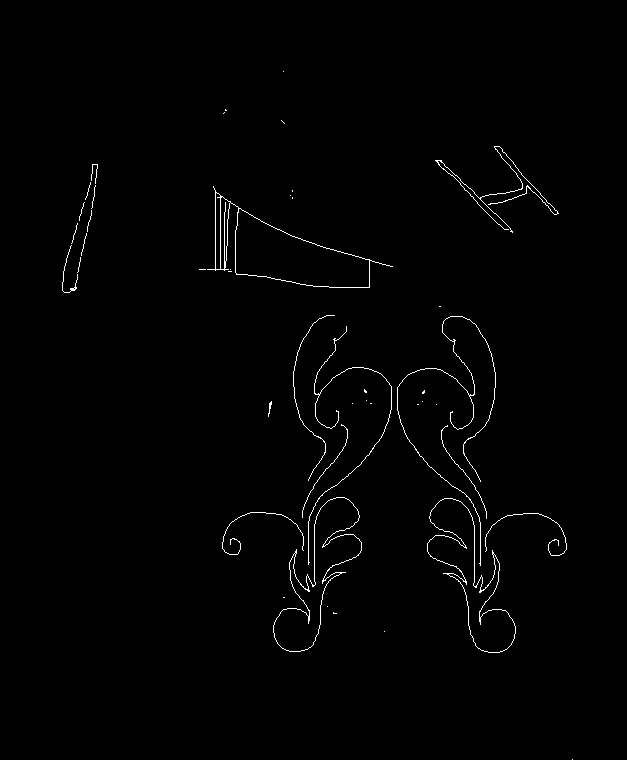
From Artinfo:
In the preface to the catalogue for "Big Reality," an exhibition that opens tonight at 319 Scholes in Brooklyn, writer and curator Brian Droitcour states, “I found that what united a diverse group of artists working online was a rejection of the idea of 'virtual reality' —- that what happens online was just as 'real' as events that took place away from the keyboard."
"What happens online is real" isn't much of an insight in an age when, say, people commit suicide for having their sex lives revealed online. Possibly artists are just now catching up to the idea in the spirit of the "arrière-garde." I missed Droitcour's show (and haven't read the catalog) but have had good reports on work by Andrej Ujhazy, an artist only peripherally associated with "gaming." (For that matter, what did any of these artists in the show have to do with gaming or RPGs? BFFA3AE, Laura Brothers, Jacob Ciocci, Daniel Leyva, Guthrie Lonergan, Shana Moulton, Brenna Murphy? Maybe they made games but one hates to see them so pigeonholed. If you saw the show please send a report.)

Possibly game references underlie the samurai figures, flags, and heraldry frequently cropping up on Ujhazy's blog but that seems limiting to a visual project that combines so many elements: storytelling, 8-bit art, digital painting, fusion of animation and stills, disorienting scale changes, layering, use of internet "found objects," and psychedelia. For all the talk of "net art" Ujhazy is one of the few people who actually expand painting and drawing into a browser-specific practice.
Page back through his generous blog and you'll find sumptuous virtual painting such as this detail:

The loose, almost sloppy marks snap into focus in manner that melds expressionism and classical attention to detail. The head of this knight-warrior sinks vaguely into the background in favor of the riot of brushwork in his armor, where defining lines drift off into desultory patterns akin to private doodling. The warrior's right thigh lurks behind a screen of "quantization noise" suggesting a badly compressed jpeg. But you don't notice the technological play immediately -- the wooly texture actually convinces. Other parts of the armor suggest a drybrush effect conjuring hammered metal.
These technical elements undercut the dungeons & dragons subject matter, so we have a warrior (confident, splendidly decked out) de-resolving into a quivering mass of probabilities. That's possibly a more interesting story than whether he will successfully go up against a level 2 red dragon and best it in combat. Another story might be how little we actually know (or can know) about the medieval worlds Ujhazy depicts in his drawings. Without an acoustiguide or links to Wikipedia we can only speculate how much is invented and how much quoted from historical sources. This isn't to say games can't accommodate these types of uncertainties but art is a field potentially unlimited by directional steps of any kind.

